|
|
|
|
Women scientists across Africa have played a critical role in a range of breakthrough research projects. Along the way, many have experienced bias solely because they are women. This is a universal problem, which is why every year the United Nations marks the International Day of Women and Girls in Science. The idea is to focus on what’s stopping women from making headway in science, technology, mathematics and engineering (STEM) disciplines.
Four top African scientists – Aina Adeogun, Dayo Akande, Ekanem Braide and Rebecca Ackermann – consider their own journeys and the work that’s needed to shift societal and cultural ideas about women. In addition, authors examine how best to retain women scientists at a post-graduate level; how to undo gender inequality at school level, and how the fourth industrial revolution, with its STEM foundations, risks leaving women out.
The International Criminal Court (ICC) in The Hague has found Ugandan-born Dominic Ongwen guilty of war crimes and crimes against humanity. Ongwen’s story is unsettling because it challenges stereotypes about the pathological war criminal – relentless men who are indifferent to human suffering or, more typically, who actively seek it out. Abducted and conscripted into the Lord’s Resistance Army as a child, Ongwen grew up to become one of its dreaded fighters. Here Kjell Anderson chronicles Ongwen’s life.
Looking at the ICC’s decision, Kerstin Bree Carlson argues that the court erred by ignoring Ongwen’s victimhood in early life and its potential role in his actions as an adult. She argues that its decision to do so demonstrated the limitations of using criminal law to address a problem much larger than individual criminal acts.
|
Wale Fatade
Commissioning Editor: Nigeria
|

|
|

When women do science, society benefits in myriad ways.
Solskin/Stock image/Getty Images
Natasha Joseph, The Conversation; Ogechi Ekeanyanwu, The Conversation; Wale Fatade, The Conversation
Less than 30% of researchers worldwide are women. The biases and perceptions that keep women and girls out of STEM must be tackled.
|
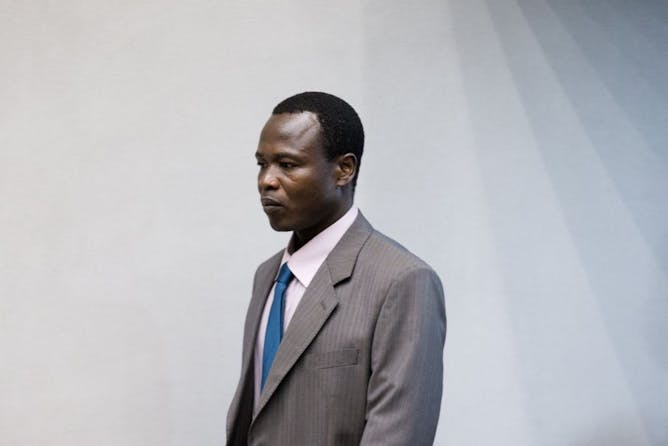
Dominic Ongwen enters the court room of the International Criminal Court (ICC) in The Hague, on December 6, 2016.
Photo by Peter Dejong/Pool/AFP via Getty Images
Kjell Anderson, University of Manitoba
Former fighters described Ongwen as a model fighter and an effective commander – but testimony in his trial detailed the former child soldier’s alleged personal role in the rape of underage women.
|
Politics
|
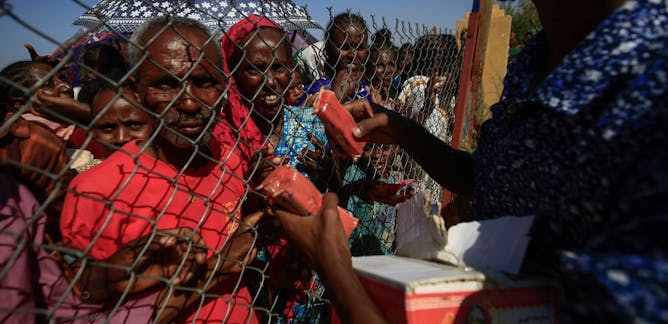
Eugène Bakama Bope, Université de Lubumbashi
If a country refuses, or blocks, humanitarian aid this act violates international law.
| |

John J Stremlau, University of the Witwatersrand
At the top of President Biden's foreign policy agenda are COVID-19 and climate change. He has also pledged to make diplomacy and multilateralism the primary means of US foreign policy.
|
|
|
Science + Technology
|
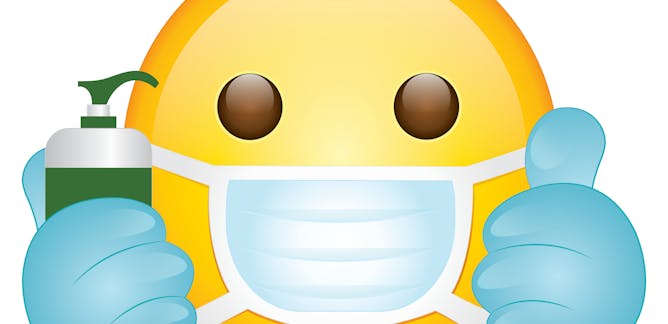
Marina Joubert, Stellenbosch University
In recent years, a growing body of academic research has emerged that outlines how emojis can be used in all forms of communication.
| |
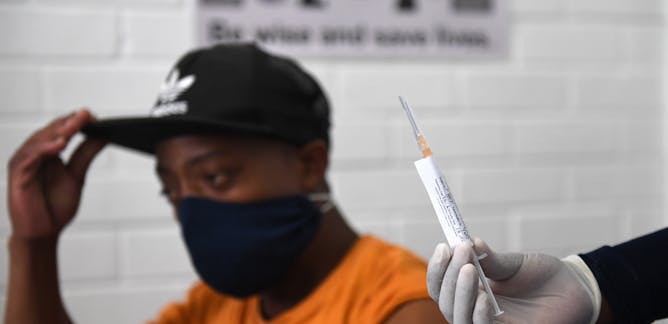
Andy Gray, University of KwaZulu-Natal
Advocates for medicines that are unregistered in South Africa have accused the regulatory authority of not being proactive in bringing such products to market and approving their use.
|
|
|
From our international editions
|
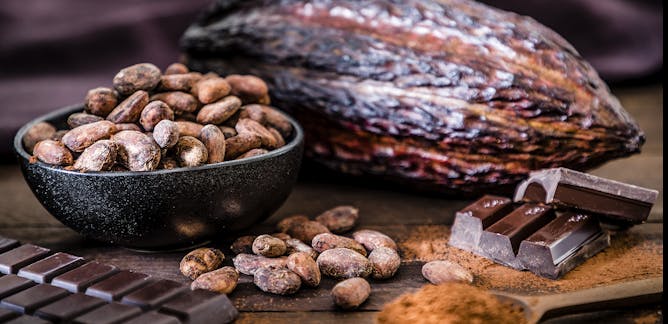
DeWayne Shoemaker, University of Tennessee
Entomologists wonder if the insects currently pollinating farmed cacao are the right ones for the task.
| |
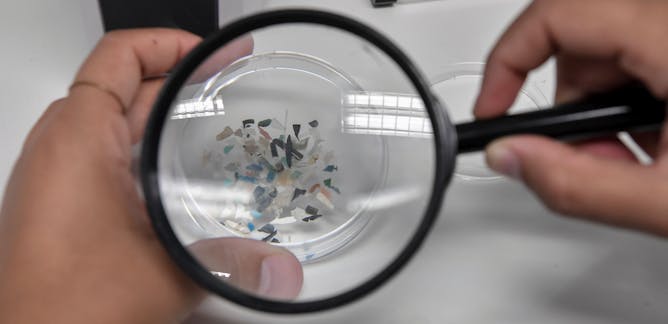
Alexandra McInturf, University of California, Davis; Matthew Savoca, Stanford University
As more and more plastic trash permeates the oceans, fragments are making their way into fish and shellfish – and potentially into humans.
|
|
|
| |
| |
| |
| |
Would you like to republish any of these articles?
|
|
It’s free to republish, here are the guidelines.
Contact us on africa-republish@theconversation.com in case you need assistance.
|
| |
| |
| |
| |
|
|
|
|
|
|
|